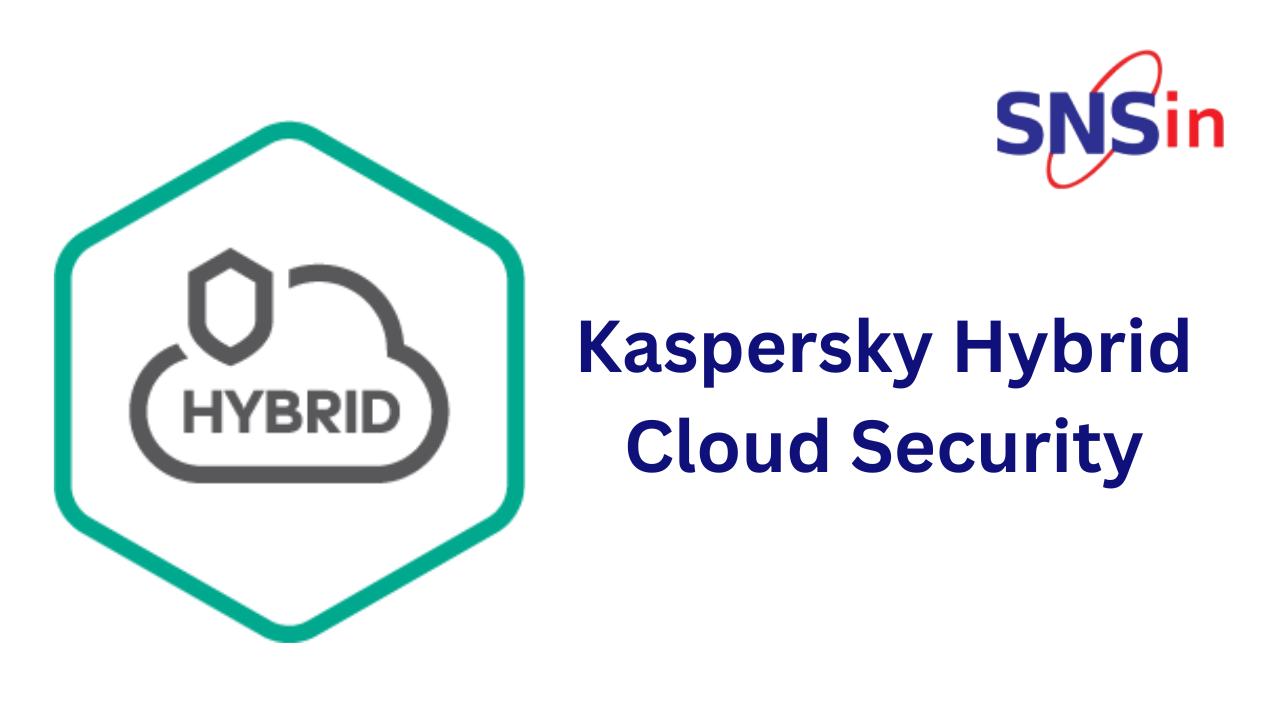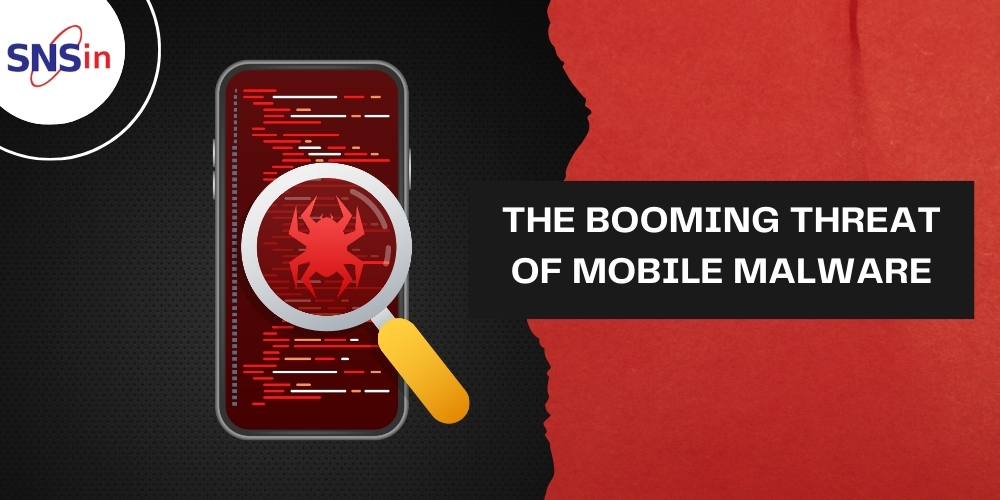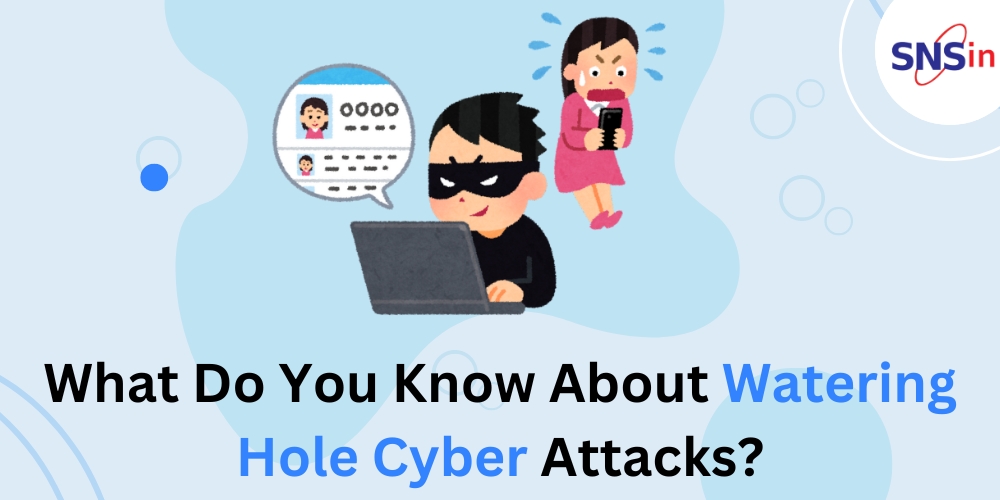Even with proper Cloud deployment configuration, risks are still high for unsecured workloads. Organizations are prone to risks such as RDP/SSH service-based Brute Force attacks, Web Server/Email Server vulnerabilities, Repository Poisoning, DNS hijacking, and more.
A few of the potential impacts these risks may pose are:
- The Cybercriminals’ operating covertly on your network;
- The Cybercriminals hijacking your Cloud resources.
- The Cybercriminals taking complete control of your infrastructure by hacking the Cloud console.
Are there Challenges in Hybrid Cloud?
Many organizations moved their server infrastructure, data, and workloads to virtual and cloud environments. Hybrid Cloud is a computing environment. It employs both on-prem private and public cloud services, with integrations between them.
An organization can use each of these environments at the same time. Each component of a hybrid infra has unique traits that need a security approach. Virtualization has made infrastructures more complex and vulnerable.
It is a challenge for cybercriminals to attack a server. So, cybercriminals target workstations and it makes no difference to them if your business servers are on the Cloud or on-prem. But, an organization enforcing separate security for various parts of their hybrid infrastructure impairs visibility and degrades security levels. Thus, increasing the total cost of security.
What is Kaspersky Hybrid Cloud Security?
Kaspersky Hybrid Cloud Security is the solution to the evolving Cyber Security challenges arising during Cloud migration to public and hybrid. It is built on the success of the Kaspersky security for virtualization solution providing much wider security and integration capabilities designed specifically to support emerging cloud technologies like Containerization.
Kaspersky Hybrid Cloud Security helps businesses to maximize the benefits offered by the hybrid infrastructure approach, native integration with virtualization and cloud platforms make migration seamless. An organization can manage it from a single management console to secure all their virtualization projects and cloud deployments.
Why is Kaspersky Hybrid Cloud Security Required?
Organizations are responsible for protecting their information on the Cloud such as Data flows, applications, OS, and user data. Thus, here are a few reasons to implement the Kaspersky Hybrid Cloud Security solutions for organizations of different sizes.

Benefits of Kaspersky Hybrid Cloud Security
Benefits of Kaspersky Hybrid Cloud Security are:
- Reduces the exposure to Cyberthreats.
- Provides consistent visibility & control.
- Seamless integration with AWS and Azure API and a single management console for public cloud instances, and physical and virtualized servers.
- It supports the native multi-cloud operation.
- Next-Gen Threat Prevention: Next-generation protection against Malware. It includes cloud-assisted server protection, exploit prevention and protection from Privilege Escalation, System Hardening with Application Control, protection for Terminal Servers, Container Protection etc.
- Easy deployment of the management console with seamless integration of AWS and Azure APIs, pre-defined tasks and policies, and discovery of Cloud workload.
Wrap Up
Businesses are solely responsible for their workload security and not the Cloud service providers. Kaspersky Hybrid Cloud Security provides flexibility with visibility and control. It reduces the attack surface radically. Organizations need to enforce Cloud Security to protect their AWS and Azure Workloads. As businesses create new workloads on the Cloud, and they need to implement Anti-Malware solutions for their Cloud workloads.
Collaborate with an expert Cyber Security company like SNS ([email protected]) ! We help our customers in implementing the best Cloud security solutions to reduce cyber risks to a greater extent.
![]()




